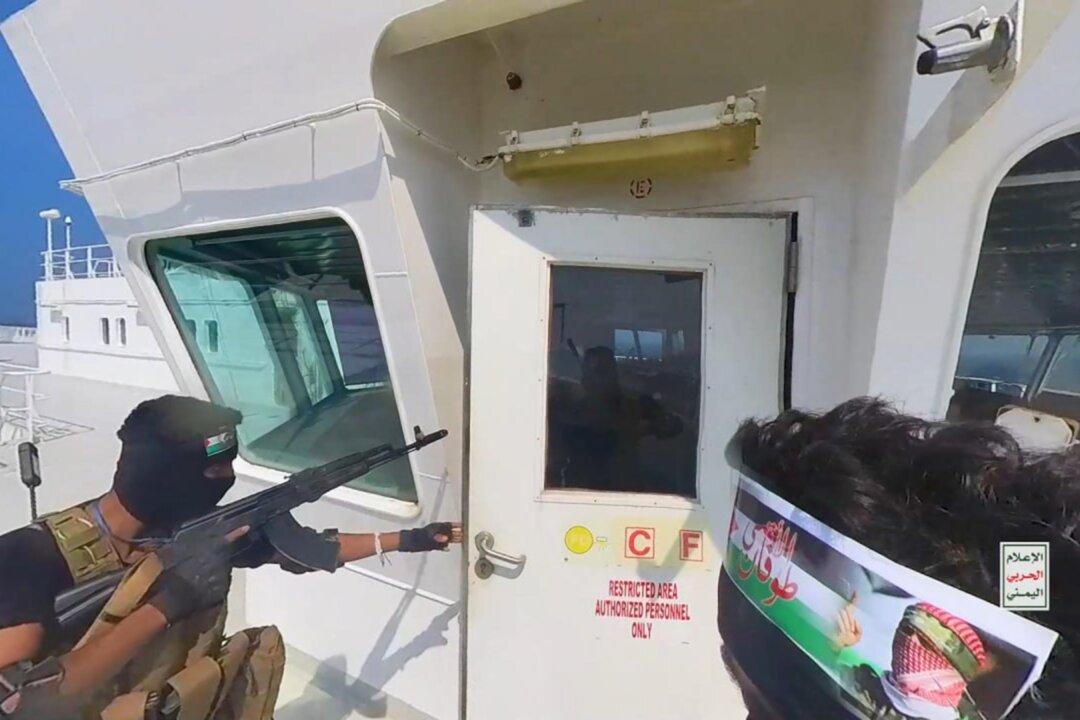Iran is providing financing, intelligence, and operational support to Houthi militants engaged in attacks on international commercial shipping in the Red Sea, the White House has acknowledged.
Houthi rebels in Yemen, who have aligned themselves with Hamas in Gaza, are impeding international commerce “with the direct support and facilitation of Iran,” according to White House National Security Council Spokesperson Adrienne Watson.




